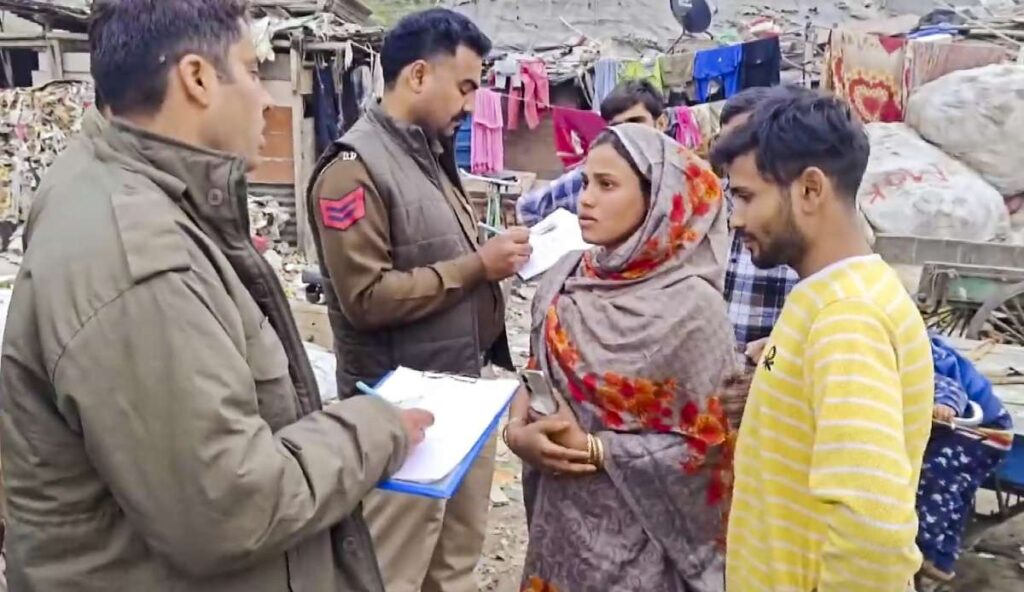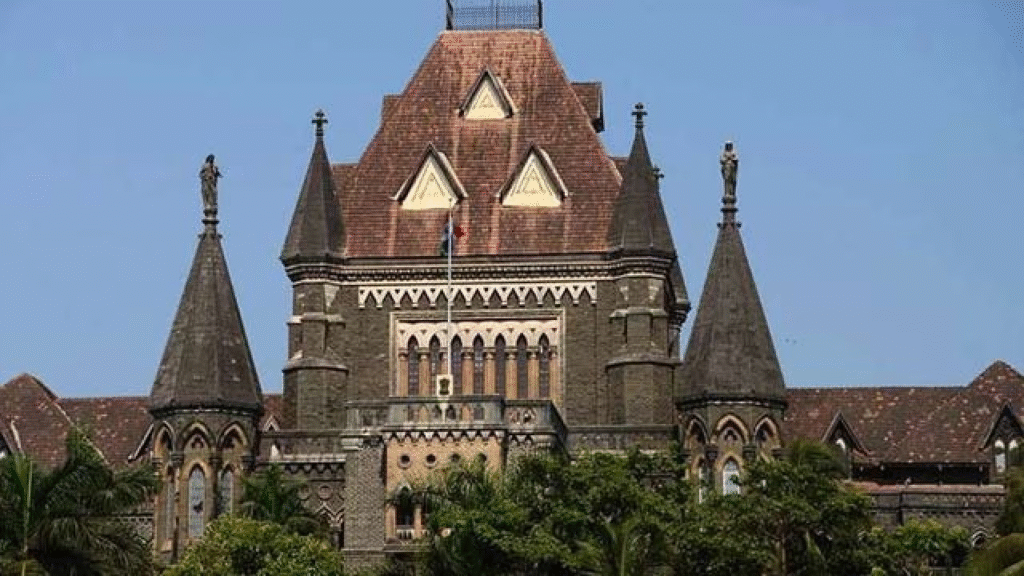Bangladeshi Migrants Rounded Up in Major Immigration Sweep
North-East Delhi woke up on 7 June 2025 to a high-intensity immigration sweep: 31 Bangladeshi nationals were rounded up, driven straight to the Foreigners Regional Registration Office (FRRO), and placed in fast-track deportation under the Foreigners Act 1946 and Passport Act 1920. Delhi Police public-affairs officers framed the operation as a textbook example of “no court drama, no fake pity”—an approach increasingly favoured by the Union Home Ministry as it hardens its stand on illegal immigration.
The incident has reignited the debate on illegal Bangladeshi migrants, Delhi Police crackdowns, and India’s evolving border-security doctrine at a moment when national-security stakes are high and political rhetoric is heating up ahead of key state elections.
Delhi Police Raid: 31 Bangladeshi Illegal Migrants Detained for Immediate Deportation
Acting on “actionable intelligence” from the Special Branch, teams from Seelampur and Bhajanpura police stations cordoned off congested lanes near Jafrabad around 4 a.m. Officers conducted door-to-door document checks, seizing forged Aadhaar cards, ration cards, and two counterfeit Indian passports. All 31 detainees lacked valid visas or entry records, qualifying them for summary removal under Section 3 of the Foreigners Act 1946.
Unlike criminal prosecutions that pass through trial courts, the deportation protocol relies on an executive order issued by the FRRO; detainees are given a short window to prove legal status. Unless they file a writ before the Delhi High Court, they are escorted—often by train—to the Petrapole-Benapole land checkpoint on the West Bengal-Bangladesh border.
No court drama. No fake pity. 31 Bangladeshi illegals rounded up from North-East Delhi.
— The Analyzer (News Updates🗞️) (@Indian_Analyzer) June 7, 2025
~ ESCORTED straight to FRRO, & now being DEPORTED.
This is how it’s done. No Infiltrator deserves a courtroom monologue in the name of ‘HUMANITY’👏🏼 pic.twitter.com/JzXCWWpQcT
Police officials say the “straight-to-FRRO” model is both a deterrent and a logistical necessity. Delhi’s detention centres are overcrowded, while courtroom delays allow illegals to vanish into urban slums. “If the documents are fake, we finish verification in 24 hours and book rail berths the same night,” a senior officer said, adding that hundreds of Bangladeshis have been deported this way since November 2024.
Critics, however, argue that lightning-fast removals can obscure potential asylum claims, separate families, and violate due-process norms. Legal-aid NGOs such as the Human Rights Law Network warn that India risks international censure if bona-fide refugees are bounced back without hearings—an accusation the Home Ministry rejects, citing a “security-first” mandate after recent terror alerts.
Operation Sindoor: Nationwide Crackdown on Illegal Bangladeshis and Its National-Security Impact
The Delhi raid forms one node of “Operation Sindoor,” a 60-day drive launched on 7 May 2025 to dismantle migrant-smuggling rings, fake-ID syndicates, and sleeper cells exploiting porous borders. According to Ministry of Home Affairs (MHA) data, more than 2,500 illegal Bangladeshi migrants have been “pushed back” from Delhi, Kolkata, Mumbai, and Hyderabad in the past six months, with 770 deported from the capital alone.
Security analysts link the intensified sweeps to the Pahalgam terror attack of April 2025, after which the MHA warned that undocumented migrants present a “dual risk”—labour-market pressure and potential recruitment by cross-border extremist networks. Investigators have since filed “mother conspiracy FIRs” against agents who arrange transport, housing, and forged documents, signalling a shift from ad-hoc raids to long-term disruption of trafficking ecosystems.
Politically, the crackdown feeds into a larger narrative of national security, illegal immigration India, and electoral integrity. With Bihar and West Bengal elections on the horizon, ruling-party leaders tout rapid deportations as proof of decisive governance, while Opposition voices accuse the BJP of “fear-mongering” and vote-bank polarisation.
For residents of North-East Delhi—an area already strained by unemployment and communal fault lines—the removal of undocumented workers may slightly ease competition for low-wage jobs. Yet urban-studies experts caution that demand for cheap labour in construction, manufacturing, and domestic work could simply pull a fresh wave of entrants unless root-cause socio-economic factors in border districts are addressed.





















